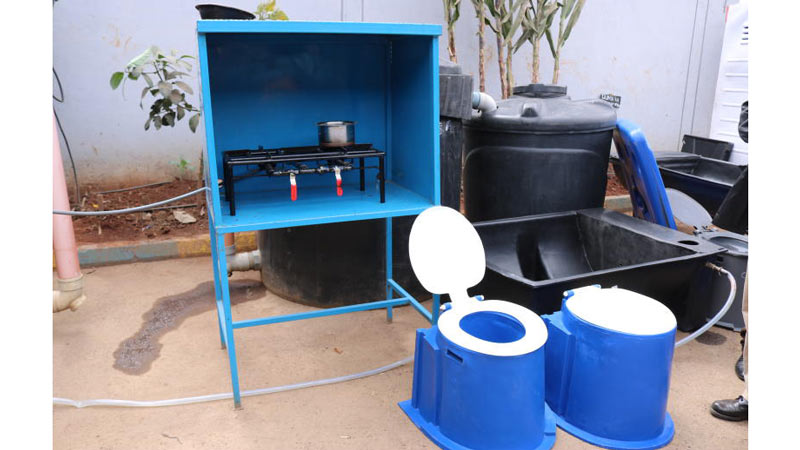×
The Standard e-Paper
Smart Minds Choose Us

Every month, Alphina Wandia used to spend Sh2,000 on vegetables and another Sh2,000 on fuel. That amount used to leave a dent in his pockets. But in 2014, he found a solution to his fuel problem.
“I got wind of this technology of plastic bio digesters for clean energy. The idea sounded so good, I decided to give it a try. Now it fires up my kitchen and I do not need to buy fuelwood and charcoal,” says the mother of three.